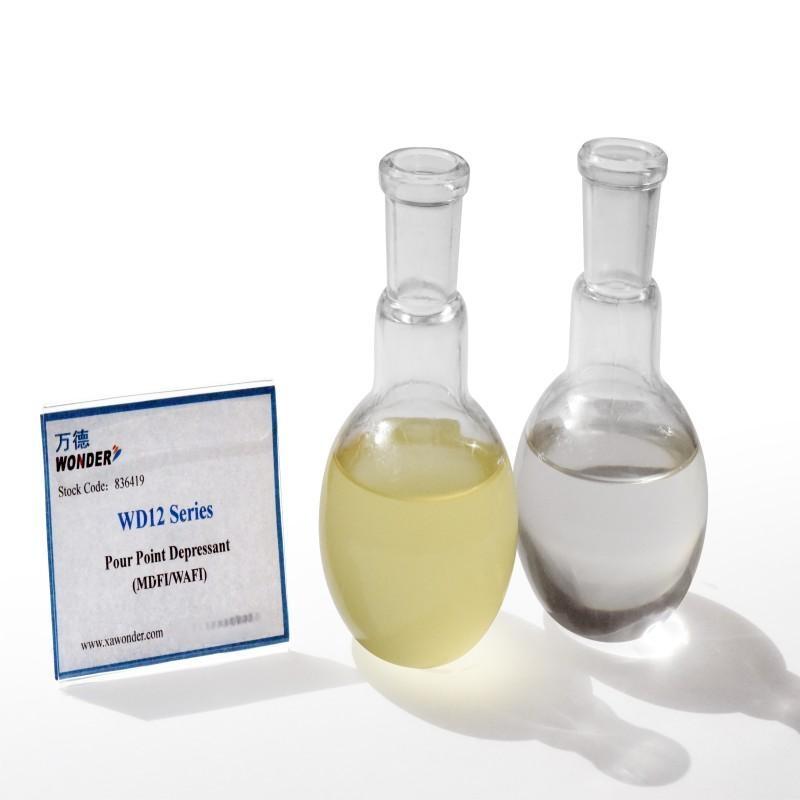-
Categories
-
Pharmaceutical Intermediates
-
Active Pharmaceutical Ingredients
-
Food Additives
- Industrial Coatings
- Agrochemicals
- Dyes and Pigments
- Surfactant
- Flavors and Fragrances
- Chemical Reagents
- Catalyst and Auxiliary
- Natural Products
- Inorganic Chemistry
-
Organic Chemistry
-
Biochemical Engineering
- Analytical Chemistry
-
Cosmetic Ingredient
- Water Treatment Chemical
-
Pharmaceutical Intermediates
Promotion
ECHEMI Mall
Wholesale
Weekly Price
Exhibition
News
-
Trade Service
With deep internal divisions, the EU plans to postpone "capping" on Russian oil until a broader sanctions package is agreed
.
The media on Monday, citing people familiar with the matter, reported that Cyprus and Hungary were countries that
had expressed opposition to the proposal for an oil price cap.
Since sanctions require unanimous consent from member states, this gives every EU country a veto
.
After the price cap plan was rejected, the European Commission is now focusing on a broader sanctions package against Russia, pushing member states to reach a preliminary agreement
ahead of the October 6 informal meeting of EU leaders.
According to media reports, member states are now closer to supporting proposals
to restrict exports of electronic components for weapons to Russia.
The EU is currently working to push ahead with a price cap on oil exports to Russia in line with the G7
.
G7 finance ministers have previously agreed on this price cap plan
.
According to the price guidelines set by the U.
S.
Treasury Department, the sale of Russian oil is subject to a series of price caps, otherwise companies will not be allowed to provide critical financial services
for the sea transportation of Russian oil.
The United States and its allies designed this policy to achieve two goals: to keep Russian oil flowing to global markets, and to still be able to reduce Russia's revenue
from it.
As for the price ceiling, the US side said it would agree
by consensus.
But the cap price the U.
S.
seeks is Russia's cost price
.
Timeline, restrictions on Russian crude oil will come into force on December 5, 2022; Restrictions on refined products will come into effect
on 5 February 2023.
The U.
S.
Treasury Department is currently trying to expand sanctions on refined products to include a wider range of
crude products.
For the G7 and the EU's price cap plan, Russia has fought
back strongly.
Putin has previously warned that the EU's price limit is a violation of the previous contract
with Russia.
He threatened that Russia would stop energy supplies for actions that undermine Russia's economic interests: "We will not provide any gas, oil, diesel or coal
.
" ”







